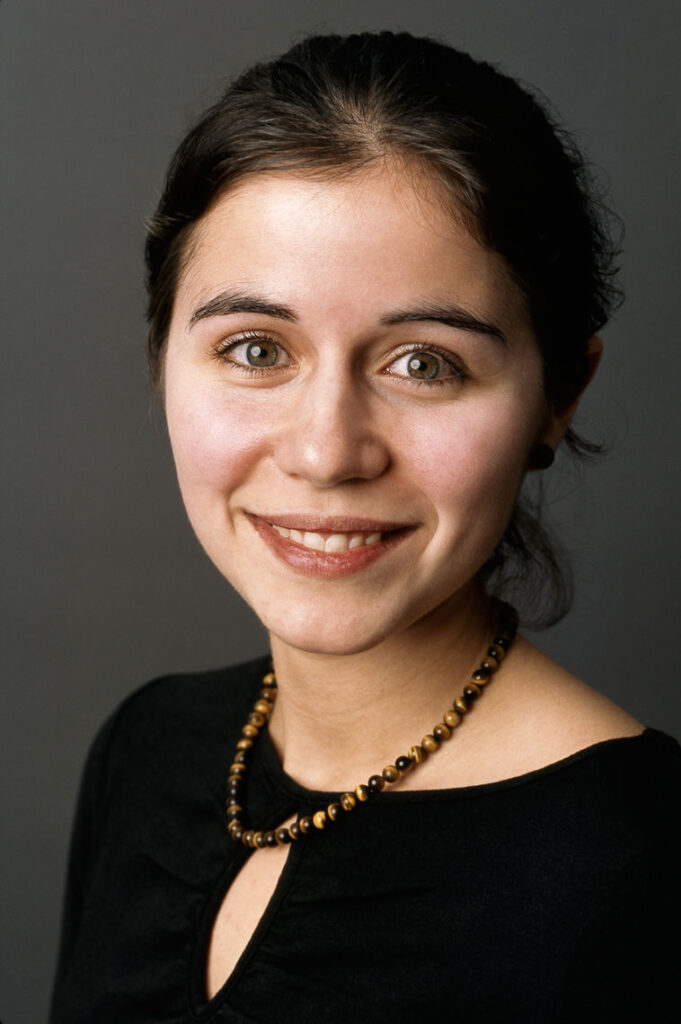
Ahmed Mukhtar Ahmed
Paul & Daisy Soros Fellowship awarded in 2019 to pursue an MD in Medicine at Harvard University.
Ahmed Mukhtar Ahmed is a Somali refugee from Kenya
Related Articles
-
 Read more: The Summer Awaits: How Recent Paul & Daisy Soros Fellows Are Spending Their Summers
Read more: The Summer Awaits: How Recent Paul & Daisy Soros Fellows Are Spending Their Summers- Fellow Highlights
The Summer Awaits: How Recent Paul & Daisy Soros Fellows Are Spending Their Summers
-
 Read more: Celebrating Immigrant Mothers
Read more: Celebrating Immigrant Mothers- Fellow Highlights
Celebrating Immigrant Mothers
Meet More Fellows
-

Markella Zanni
Professor of Medicine, Harvard Medical School
Markella Zanni is the child of immigrants from Greece. Fellowship awarded in 2002 to support work towards an MD in Medicine at Harvard University
-

Anita Yang Hsu
Senior Vice President and General Counsel, MBK Real Estate Companies
Anita Yang Hsu is an immigrant from Taiwan. Fellowship awarded in 1998 to support work towards a JD in Law at University of California, Berkeley
-

Kao Kalia Yang
Activist & Professor, Author
Kao Kalia Yang is an immigrant from Thailand. Fellowship awarded in 2003 to support work towards an MFA in Creative Writing at Columbia University
-

Richard Vidal
Head of Global Agency Business Development, Google
Richard Vidal is the child of immigrants from Cuba. Fellowship awarded in 2003 to support work towards an MD in Medicine at University of Pennsylvania